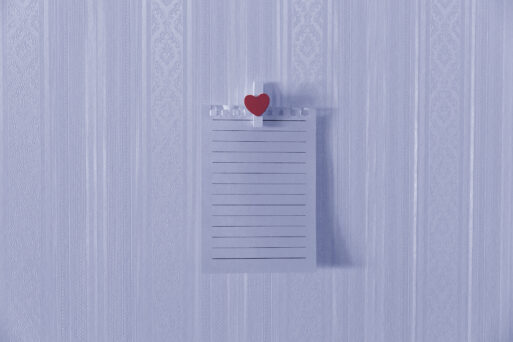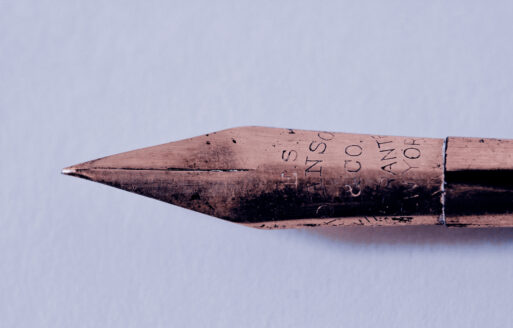 Join SevenPonds each month as Tani Bahti, RN, CT, CHPN, offers practical on-hand guidance to demystify the dying process. As an RN since 1976, Tani has been working to empower families and healthcare professionals to have the best end-of-life experience possible both through education and the development of helpful tools and resources. As the current Director of Pathways, Tani is also the author of “Dying to Know, Straight Talk About Death and Dying,” considered by SevenPonds to be one of the most practical books on the topic. Founder Suzette Sherman says this is, “the book I will have at the bedside of my dying parents some day, hopefully a very long time from now.”
Join SevenPonds each month as Tani Bahti, RN, CT, CHPN, offers practical on-hand guidance to demystify the dying process. As an RN since 1976, Tani has been working to empower families and healthcare professionals to have the best end-of-life experience possible both through education and the development of helpful tools and resources. As the current Director of Pathways, Tani is also the author of “Dying to Know, Straight Talk About Death and Dying,” considered by SevenPonds to be one of the most practical books on the topic. Founder Suzette Sherman says this is, “the book I will have at the bedside of my dying parents some day, hopefully a very long time from now.”
There is nothing like working with the dying to learn about living more consciously and proactively.
 Those I’ve been privileged to work with in the past 40 years have been my best teachers about living well and dying well. I’ve both witnessed and experienced for myself the devastation of not sharing your heart before someone you love dies.
Those I’ve been privileged to work with in the past 40 years have been my best teachers about living well and dying well. I’ve both witnessed and experienced for myself the devastation of not sharing your heart before someone you love dies.
As human beings we think we have time. When death arrives without warning or when we do not take the time to share, we are left with so many things unsaid, issues unresolved and opportunities lost.
I have witnessed the anguish when someone has not been able to get closure before a death. “I never told my father I loved him,” or, “I never thanked her for being such a good mentor.” “I never told him how sorry I was about [whatever]. I hope he knew!”
Ira Byock, M.D., author of “Dying Well,” writes that there are five things we should say before we die: “I love you;” “I forgive you;” “Will you forgive me?” “Thank you;” and “Good bye.”
Passing on the wisdom of my teachers, I believe we should be doing the first four things as a matter of course throughout our lives.
I have sat with those who were busy writing letters to those they were leaving behind, so their words and wishes would live on after their death. Because we don’t know when we or someone close will die, why wait to share your feelings?
So here’s my assignment for you:
Make of list of everyone you love, everyone who has made a positive difference in your life, and everyone who contributed to making you who you are today (and yes, that may even include those who, out of conflict, made you grow stronger). Then consider leaving them a heart will. Read what a heart will is here.
One by one, write each a hand-written letter.
One by one, write each a hand-written letter. No typing or emailing because energetically, it’s not the same for you as sender or them as receiver. Start by telling them why you love them. Now add what you appreciate about them and how they have made a difference in your life. Thank them for the role they played. If forgiveness is something you choose to give or ask for, include that. Only include what is real for you, what is in your heart. End it with your wish for them in their future.
Put it aside for a day or two and then re-read it. Edit as necessary, and make sure you haven’t left anything out. If you need to, put it aside again because this is a process, and opening your heart in this intimate way may not feel comfortable initially. Take the time you need. Then mail it. Or hand it to them, but ask them to read it in private during a quiet time. Do not expect a letter in return as that is not why are you are doing this. Simply give your heart will without expectation of receiving, and the recipient can hold the evidence of your written love in their hands.
On completion, you will know that if either you or that person suddenly dies, there will not be the regret of anything left unsaid on your part.
On completion, you will know that if either you or that person suddenly dies, there will not be the regret of anything left unsaid on your part. That’s a gift that you gave yourself in addition to that person.
The gift of your heart will letter may be quietly treasured even when it is not acknowledged in other ways. It’s also possible that you are beginning a pay-it-forward movement as they realize the power of such a generous action, and perhaps, they will do the same for others. The impact of your letter will unfold over time in ways you may never know.
I have written a letter every year for my children. Now adults, they are doing the same with each other and those precious written words are saved. It brings both joy and comfort to re-read those letters even now. When one of us dies, those letters will be especially poignant, meaningful and affirming.
Avoid the pain of “could’ve, should’ve.” Build a legacy of loving letters while there is still time.
Take a look at a copy of Tani’s book “Dying to Know- Straight talk about Death and Dying” to help demystify the process and offer words of wisdom on the many aspects of dying.

 Don’t Wait Until You’re on Your Deathbed: Write a Heart Will Today
Don’t Wait Until You’re on Your Deathbed: Write a Heart Will Today


 Our Annual Seven Holiday Gifts for Someone Who Is Grieving, 2024 Edition
Our Annual Seven Holiday Gifts for Someone Who Is Grieving, 2024 Edition
 “Making Mobiles” by Karolina Merska
“Making Mobiles” by Karolina Merska
 “Hands Up to the Sky” by Michael Franti & Spearhead
“Hands Up to the Sky” by Michael Franti & Spearhead














